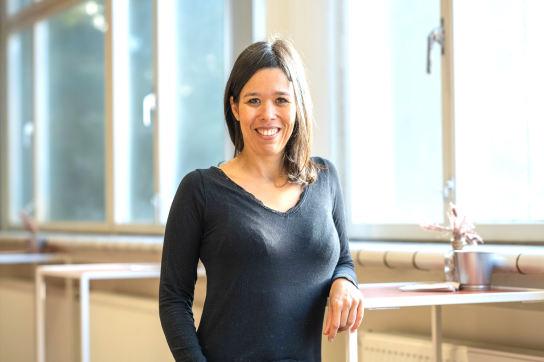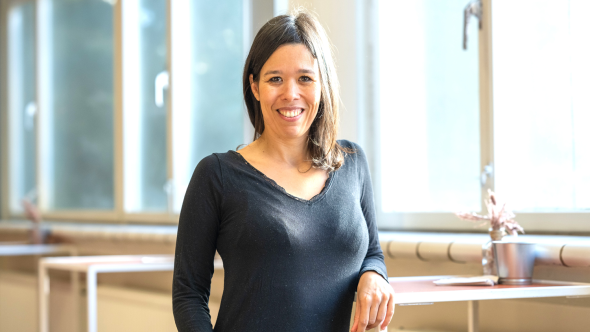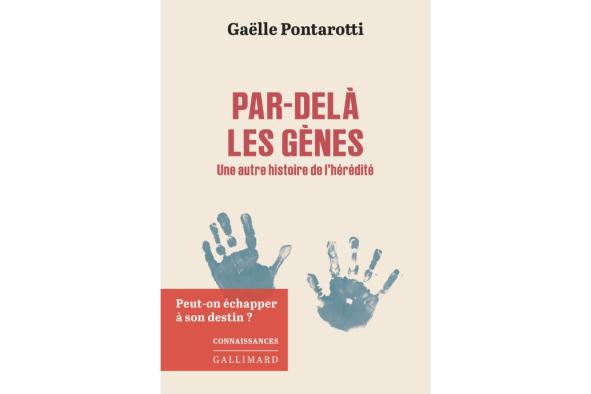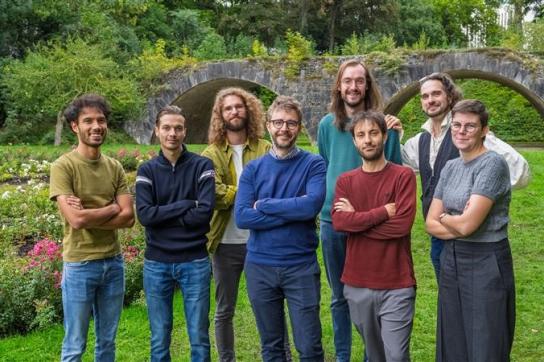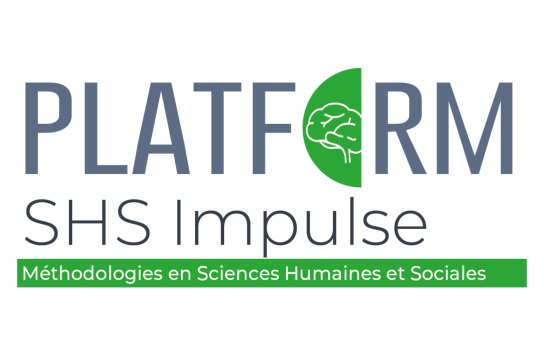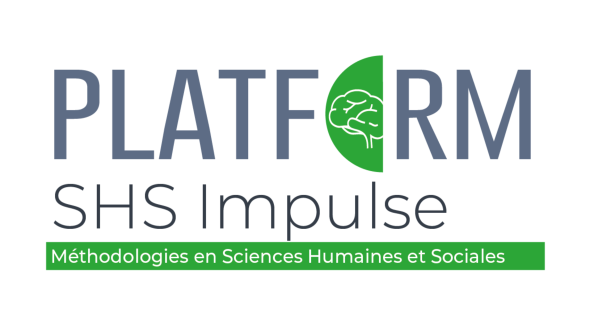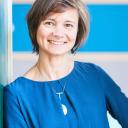A transdisciplinary space open to the outside world and designed to stimulate original research, ESPHIN addresses themes developed in its two founding departments: that of Philosophy in the Faculty of Philosophy and Letters and that of Sciences-Philosophies-Society in the Faculty of Science.
In synergy with other entities, researchers also aim for the emergence of new themes in the major fields of philosophy, such as anthropology, ethics, aesthetics, epistemology, logic and metaphysics.
The ESPHIN Institute intends to promote and support philosophical research, both fundamental and applied.
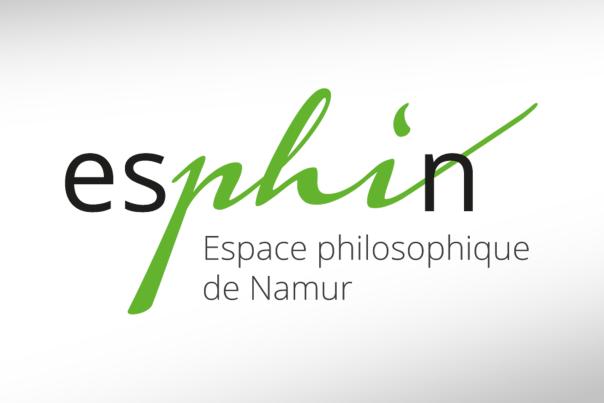
Spotlight
Agenda
The warlike desires of modernity
As part of its seminar series, the Arcadie Center at the ESPHIN Research Institute is pleased to welcome Déborah V. Brosteaux for a session dedicated to her book Les désirs guerriers de la modernité (The Warrior Desires of Modernity), Seuil, 2025.
Déborah V. Brosteaux is a researcher in philosophy at the Université Libre de Bruxelles (ULB), a member of the Centre de Recherche sur l'Expérience de Guerre (CREG, MSH-ULB) and an associate researcher at the Marc Bloch Center in Berlin.
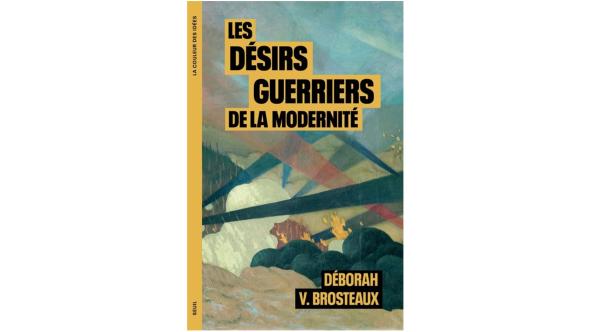
After a presentation of the book, Déborah V. Brosteaux will be interviewed by Thibault De Meyer and Vivien Giet.
Free admission. Everyone is welcome.
Book presentation
Faced with the wars in which European countries are involved, we constantly oscillate between numbness and frenzy. Some war situations give rise to emotional heatedness, a "renewed" psychic and social energy, while others are barely mentioned, relegated to the background. This philosophical investigation delves into the ambivalence of our relationship to war, which is at the heart of the sensitive history of modernity.
Inspired by the writings of Walter Benjamin, W. G. Sebald, and Klaus Theweleit, the book explores these warlike emotions throughout the 20th century and questions their legacy: the coldness of distancing, the denial of the ruins after 1945, the desire to intensify the experience of self, which mobilized the imagination in 1914-1918 and was swallowed up in the trenches... even mutating into fascist passions that actively fed on the devastation.
Déborah V. Brosteaux takes these desires seriously, including their appeal. And she asks: what emotional transformations can be activated to resist the mobilization of war?
Knowledge and truth: university education in the post-truth era
Inaugural session of the Notre-Dame de la Paix Chair 2025-2026 | "University and society. What can knowledge do for the common good?"
Speakers: Dominique Lambert (UNamur) and Olivier Sartenaer (UNamur)
.After focusing on the issues of the "Commons", the management of "common goods" , "health as a common good", this year the Chair turns its attention to the issue of "knowledge" as a "common good" and the role that the University is called upon to play in the creation and transmission of knowledge.
As its title - "University and society. What can knowledge do for the common good?" - shows, the value and meaning that society places on knowledge, even more so from a universal perspective, is not self-evident.
More info coming soon...
What is a university? Origins and history of a thousand-year-old institution
Conference as part of the Notre-Dame de la Paix Chair 2025-2026 | "University and society. What can knowledge do for the common good?"
Speakers: Antoine Destemberg (Université d'Artois), Olivier Boulnois, (EPHE, Paris) and Louis Carré (UNamur)
After focusing on the issues of the "Commons", the management of "common goods" , "health as a common good", this year the Chair turns its attention to the issue of "knowledge" as a "common good" and the role that the University is called upon to play in the creation and transmission of knowledge.
As its title - "University and society. What can knowledge do for the common good?" - shows, the value and meaning that society places on knowledge, even more so from a universal perspective, is not self-evident.
More info coming soon...
ESPHIN is also...
Reflect
Philosophical research aims both to study, in an interdisciplinary way, issues arising from the formal sciences (logic, mathematics), the humanities and nature, and to construct properly philosophical issues in a transdisciplinary space where the contributions of the various human sciences (political, sociological, clinical, etc.) are mobilized.
Debate
ESPHIN also defines itself as a place for debate, sparking encounters (seminars, colloquia, conferences,...) between practitioners and technicians of the above-mentioned sciences and philosophers in order to implement an effective inter- and transdisciplinarity, based on the conjunction of in-depth study of scientific content and high-level philosophical investigation.
Teaching
Parting from the principle that, within a University, teaching and research must be intimately linked, the Institute also makes it its mission to share the fruits of its research activities with Baccalaureate students (from the Faculty of Philosophy and Letters, the Faculty of Science and other Faculties wishing to join ESPHIN) or Master's students (from the Faculty of Science), and to open up some of their activities to them.
While the Institute aims to be in touch with "field" issues, it intends to strongly preserve the specificity of fundamental philosophical approaches integrating rigorous and demanding approaches to the history of philosophy.






